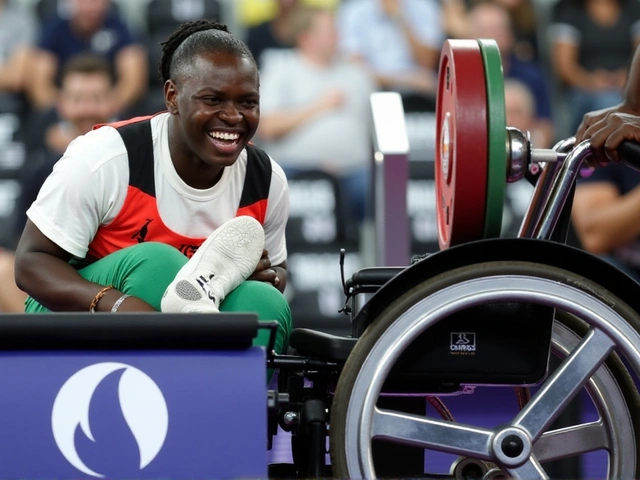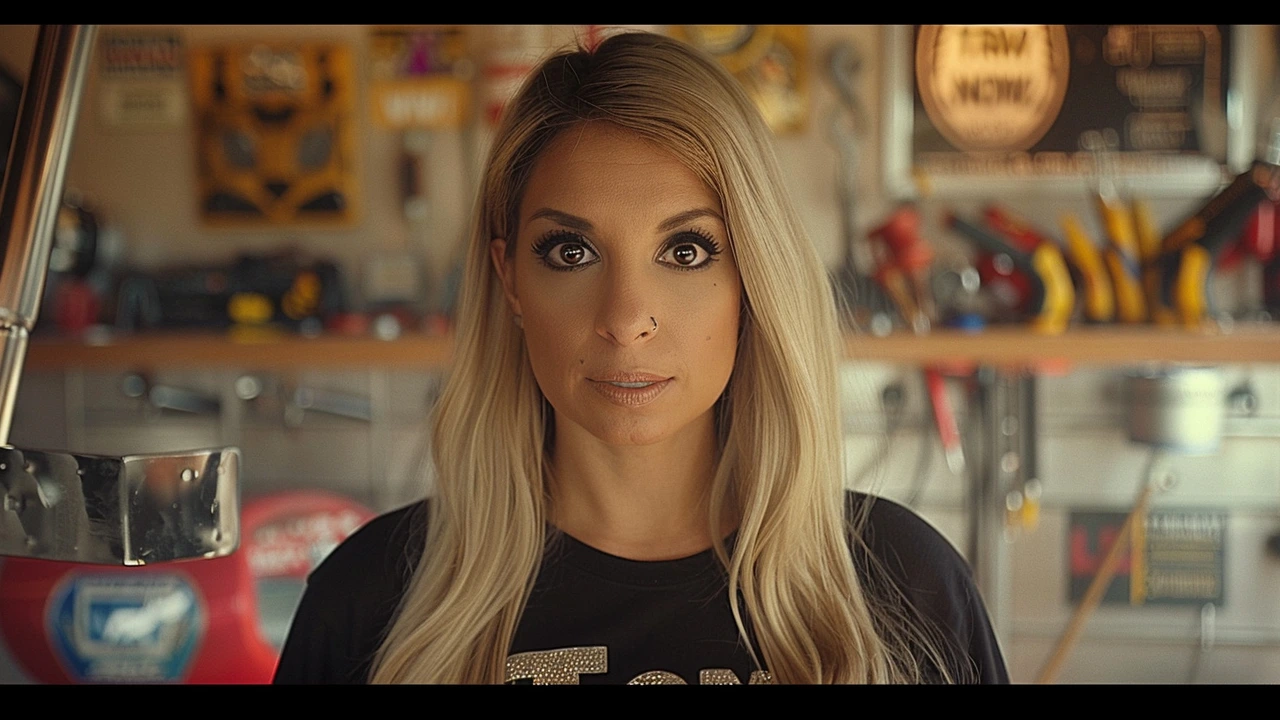Breast Cancer – Latest News, Facts and Simple Tips
Looking for clear info on breast cancer? You’ve come to the right place. We pull together the newest stories, easy‑to‑follow advice and where you can get support in Africa. No jargon, just what matters for you or anyone you care about.
What is breast cancer?
Breast cancer starts when cells in the breast begin to grow out of control. It can happen to anyone, but most cases are found in women aged 40 and older. Men can get it too, although that’s rare. The disease isn’t one‑size‑fits‑all – some tumors grow slowly, others spread fast. Knowing the type helps doctors choose the right treatment.
How to notice early signs
The sooner you catch something odd, the easier it is to treat. Here are the most common clues:
- A new lump or thickening that feels different from normal tissue.
- Changes in breast size or shape without a clear reason.
- Skin dimpling, redness, or an ulcer that won’t heal.
- Nipple discharge that isn’t milk, especially if it’s bloody.
- Pain that doesn’t go away after your period.
If any of these show up, book a check‑up right away. A quick exam and an ultrasound or mammogram can confirm what’s going on.
Self‑checks are easy to do at home. Stand in front of a mirror, look for visual changes, then raise your arms and feel each breast with the pads of your fingers. Do this once a month, preferably after your period ends.
Screening programs are expanding across South Africa, Kenya, Nigeria and other countries. Many public hospitals now offer free or low‑cost mammograms every two years for women over 40. If you’re under that age but have a family history, talk to your doctor about starting earlier.
When it comes to treatment, options include surgery, radiation, chemotherapy, hormone therapy and newer targeted drugs. The best plan depends on the stage of cancer, its type and your overall health. Ask your care team how each option works and what side effects you might expect.
Support matters as much as medicine. Groups like Breast Cancer South Africa, Kenya Cancer Society and local NGOs provide counseling, transport vouchers and peer networks. Joining a group can lift the emotional load and give practical tips on managing treatment schedules.
Remember, breast cancer is treatable, especially when caught early. Keep an eye on changes, get screened regularly, and reach out for help if you need it. Stay informed, stay proactive – your health is worth every minute you invest.






